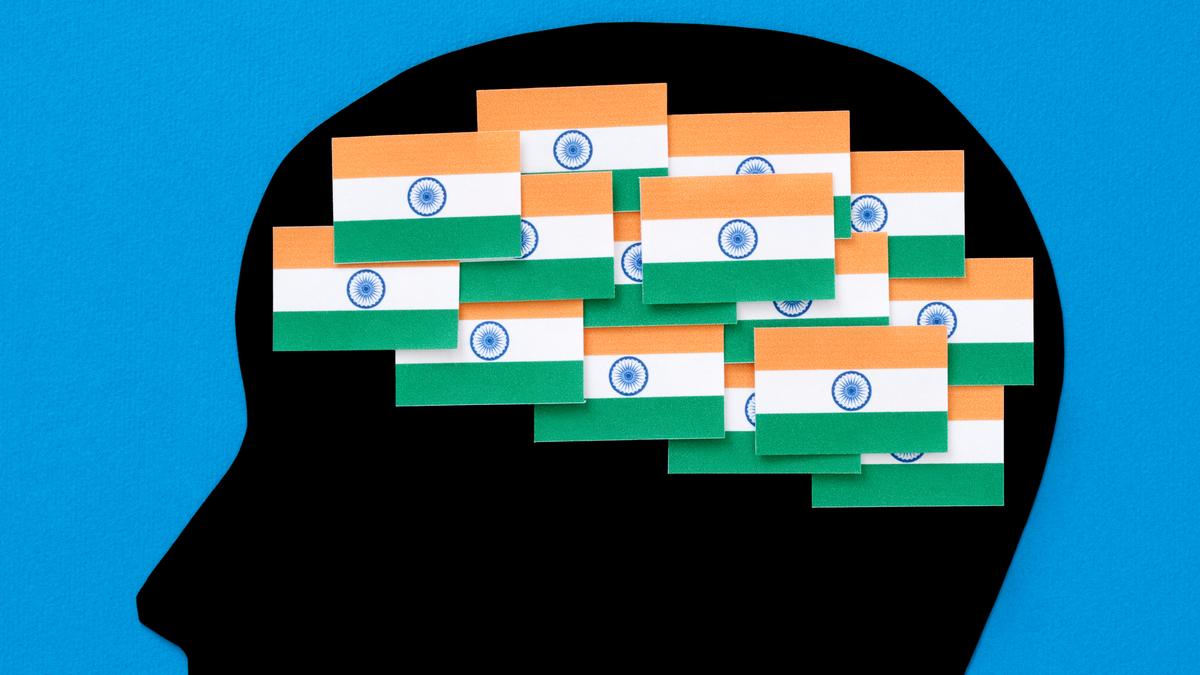- Courses
- GS Full Course 1 Year
- GS Full Course 2 Year
- GS Full Course 3 Year
- GS Full Course Till Selection
- Answer Alpha: Mains 2025 Mentorship
- MEP (Mains Enrichment Programme) Data, Facts
- Essay Target – 150+ Marks
- Online Program
- GS Recorded Course
- Polity
- Geography
- Economy
- Ancient, Medieval and Art & Culture AMAC
- Modern India, Post Independence & World History
- Environment
- Governance
- Science & Technology
- International Relations and Internal Security
- Disaster Management
- Ethics
- NCERT Current Affairs
- Indian Society and Social Issue
- NCERT- Science and Technology
- NCERT - Geography
- NCERT - Ancient History
- NCERT- World History
- NCERT Modern History
- CSAT
- 5 LAYERED ARJUNA Mentorship
- Public Administration Optional
- ABOUT US
- OUR TOPPERS
- TEST SERIES
- FREE STUDY MATERIAL
- VIDEOS
- CONTACT US
Mitochondrial Donation
Mitochondrial Donation

Mitochondrial disease, also known as Mito, is a group of diseases that affect the mitochondria's capacity to produce energy for organs to function properly. While Mito cannot be cured, a new IVF procedure called mitochondrial donation provides hope to families affected by certain forms of Mito to have children who are genetically related to them without the disease.
What is Mitochondrial Disease?
- Definition
- Mitochondrial diseases are a group of conditions that impact the functioning of mitochondria, the energy-producing structures within cells.
- Function
- Mitochondria convert food into energy, generating adenosine triphosphate (ATP).
- Cause
- Mitochondrial diseases occur when defective mitochondria fail to produce sufficient energy, leading to cellular damage.
- These diseases can affect various body parts, including the brain, muscles, and organs.
- Genetic mutations are the primary cause, although mitochondrial dysfunction can also result from other diseases or conditions.
- Types
- There are two types of Mito: one caused by faulty genes in the nuclear DNA and the other caused by faulty genes in the DNA of the mitochondria.
- Inheritance
- Mito caused by faulty mitochondrial DNA is passed down through the mother, but the risk of disease is erratic.
Symptoms of Mitochondrial Disease
- Prevalence
- One in every 5,000 people has Mito, making it the most common inherited metabolic condition.
- Organ Involvement
- Any organ can be affected by Mito, but the heart, brain, and muscles are more frequently affected.
- Severity
- While some individuals experience severe symptoms that progress rapidly, others have mild symptoms that progress slowly.
What is Mitochondrial Donation?
- Definition
- Mitochondrial donation is a new IVF-based method that gives people with faulty mitochondrial DNA the chance to have children who are genetically related to them without passing on the faulty DNA.
- Procedure
- It involves removing the nuclear DNA from an egg donated by a person carrying faulty mitochondrial DNA and inserting it into an egg donated by someone who does not carry faulty mitochondrial DNA.
- Result
- The egg thus formed has the nuclear DNA of the intending parent and functioning mitochondria from the donor.
Technical Procedure of Mitochondrial Donation
- Requirements
- Specially trained scientists and sophisticated equipment are required for this highly technical procedure.
- Hormone Injections
- Hormone injections are required for both the egg donor and the person with Mito to stimulate the ovaries to produce multiple eggs.
- Egg Retrieval
- An ultrasound-guided surgical procedure is used to retrieve the eggs.
Need for Donor Eggs
- Challenge
- Finding eggs is one of the difficulties associated with mitochondrial donation.
- Sources
- Frozen eggs can be used for preclinical research and training, while "fresh" eggs will be needed for the clinical trial.
- Volunteer Donors
- Individuals will be required to volunteer to have their ovaries stimulated and eggs retrieved for the "fresh" eggs required in the future clinical trial.
Recent Study on Stored Eggs
- Background
- A recent study analyzed data on the outcomes of eggs stored at a Melbourne clinic from 2012 to 2021.
- Findings
- The study found that the most popular option for individuals who have stored eggs is to donate the eggs to research.
- Implications
- The study gives hope that people who have eggs they don't plan to use might be willing to donate them to mitochondrial donation preclinical research if given the chance.
Conclusion
Mitochondrial donation offers hope to families affected by certain forms of Mito to have children who are genetically related to them without the disease. While the procedure is complex and requires specialized equipment and training, it has the potential to revolutionize the treatment of Mito. The recent study on stored eggs provides a glimmer of hope that individuals may be willing to donate their eggs to research, which could help to overcome the challenge of finding eggs for mitochondrial donation.
Must Check: Best IAS Coaching In Delhi



